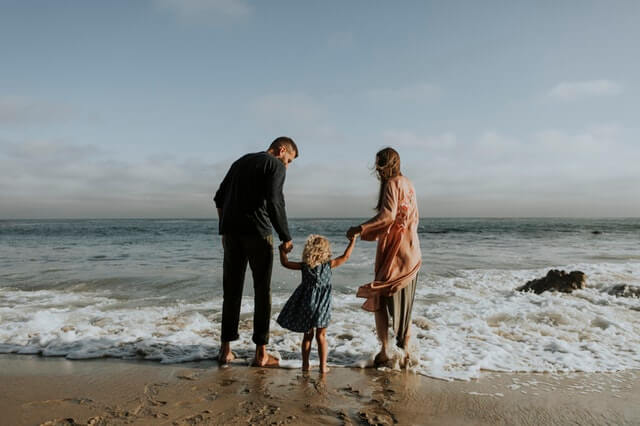When you have minor children, one of the most important things you’ll have to decide is who will take care of them if the unthinkable happens. If you or your partner pass away unexpectedly or become incapacitated before your children turn 18, are there plans set in place? It’s an uncomfortable thought, but preparing for the unexpected is essential. You want to ensure that your children are cared for in these circumstances. If you do not, then the courts will make this decision for you — and they may not choose the person who is right for the task.
When thinking about how to choose a guardian, you’ll need to consider many different aspects of your potential caregivers’ situations before coming to a decision. Here are a few questions to ask before choosing.
How to Choose a Guardian in 5 Steps
#1: Would They Make a Good Parent?
Whether your chosen guardian is a parent already or not, you should think about what kind of parent they would make for your children. Think about your potential guardian’s views on discipline. Do they align with your own? If they have children of their own, observe how they interact with their kids. If they don’t have any kids, think about how they interact with your kids when they are together. Another thing to consider is how your potential guardians were raised as this can influence how they will shape themselves as parents.
#2: How Old Are They?
Age is a critical factor to think about when considering how to choose a guardian for your children. Older guardians might be in a better position to take care of your kids financially. However, an older guardian can also be less physically suited to caring for young children. A younger guardian might have more energy and better health, both of which are essential for raising young children, but their priorities might be focused on their own lives.
#3: What Is Their Financial Health Like?
Not only should you think about whether your chosen guardian has the financial means necessary to care for dependents, but you should also consider how well they can manage their finances. If you need to choose a separate guardian to manage your children’s inheritance, then do not be afraid to do so.
#4: Do Their Beliefs Align with Yours?
For many parents, instilling their morals or religious values in their children is an essential part of choosing a guardian. Do you go to the same place of worship as the guardian or guardians you’re considering? Do you have similar views on moral issues? Answering these questions can help you find someone suitable.
#5: Is My Choice Still a Good One?
You should update your estate plan regularly, and one of the things you should check is whether your choice for a guardian still seems reasonable after some time has passed. It might not make sense anymore, especially if you chose someone and their situation changed. Grandparents get older and less capable. Siblings might have a family of their own to take care of. Your choice might be suffering from health problems. When you update your choice of guardian, ask the above questions again.
3 Mistakes to Avoid
#1: Not specifying who should not raise your children
You are not only allowed to designate a guardian, but to document who you do not want raising your children. This can settle disputes among your family and ensure your children are with the best guardian possible.
#2: No back-up plan
Your first option may not be available in an unthinkable event — you should likely specify 3-4 guardians and update these options depending on how situations change.
#3: Not choosing someone who will follow your wishes
Others may expect or pressure you to choose a particular person as your children’s guardian. Ultimately, however, this designation is for your children’s well-being. Be sure to choose someone who will follow through with your wishes on how you want your children to be raised.
Learn How to Choose a Guardian with Casal & Moreno
All parents want to know that their children will be raised by someone they trust if they pass away. Want to learn how to choose a guardian and how to make it official? Get in touch with the attorneys at Casal & Moreno today to set up a meeting to discuss your wishes. We’ll help you with all the necessary paperwork and legal considerations.
